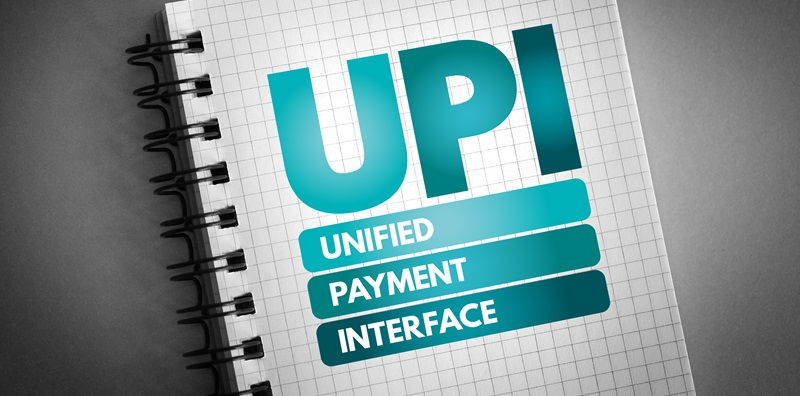On February 7, 2024, users across major urban centers in India, such as Delhi-NCR, Mumbai, and Bengaluru, experienced unanticipated glitches during UPI transactions. This disturbance occurred during peak evening hours, an atypically frustrating situation given the ingrained nature of UPI in the daily financial practices of people. The surge in transaction troubles was not an anecdotal collection of isolated incidents but seemed to be a systemic issue, as evidenced by the spike in reports on the outage-tracking platform Downdetector. UPI, known for its ease and reliability, faced a test of its robustness, reminding users of the system’s vulnerability. The consequent disruption highlights the reliance on digital payments in India’s economic landscape and the necessity for continuous system improvements to handle the scale of transactions that users have come to expect. This event prompts a deeper consideration of contingency plans to ensure that such glitches do not severely impair commerce or daily life.
Technical Glitches at the Heart of the Crisis
The Unified Payments Interface (UPI), lauded for its effectiveness in facilitating digital transactions through smartphones, encountered an unwelcome hurdle. The National Payments Corporation of India (NPCI), the overseeing body of UPI, pinpointed the source of the problem to technical glitches within several pivotal banks. These banks, which include big names like HDFC, ICICI, and Axis, are integral to the UPI’s operational framework. Given that millions of transactions are processed daily, any snag in these systems can lead to widespread disruptions like the ones witnessed.
Impact on the Urban Populace
The recent UPI outage has underscored its critical role in urban economies. Services like Paytm, Google Pay, and PhonePe have become so integrated into daily life that the interruption provoked widespread frustration as users were left in the lurch during transactions. Despite assurances from the NPCI that their systems were functional, the glitches in the banks’ technology led to widespread service disruption. The event quickly trended on social media, highlighting the dependency on these systems.
This situation highlighted the vulnerabilities in our digital payment ecosystem, emphasizing the need for robust and fault-tolerant infrastructures. As India pushes forward with its digital economy, the outage serves as a warning of the potential consequences of digital failures and the critical need for enhancing our payment systems to avoid such disruptions. Continuous tech improvements are vital to meet the demands of the escalating reliance on digital transactions across the nation.

